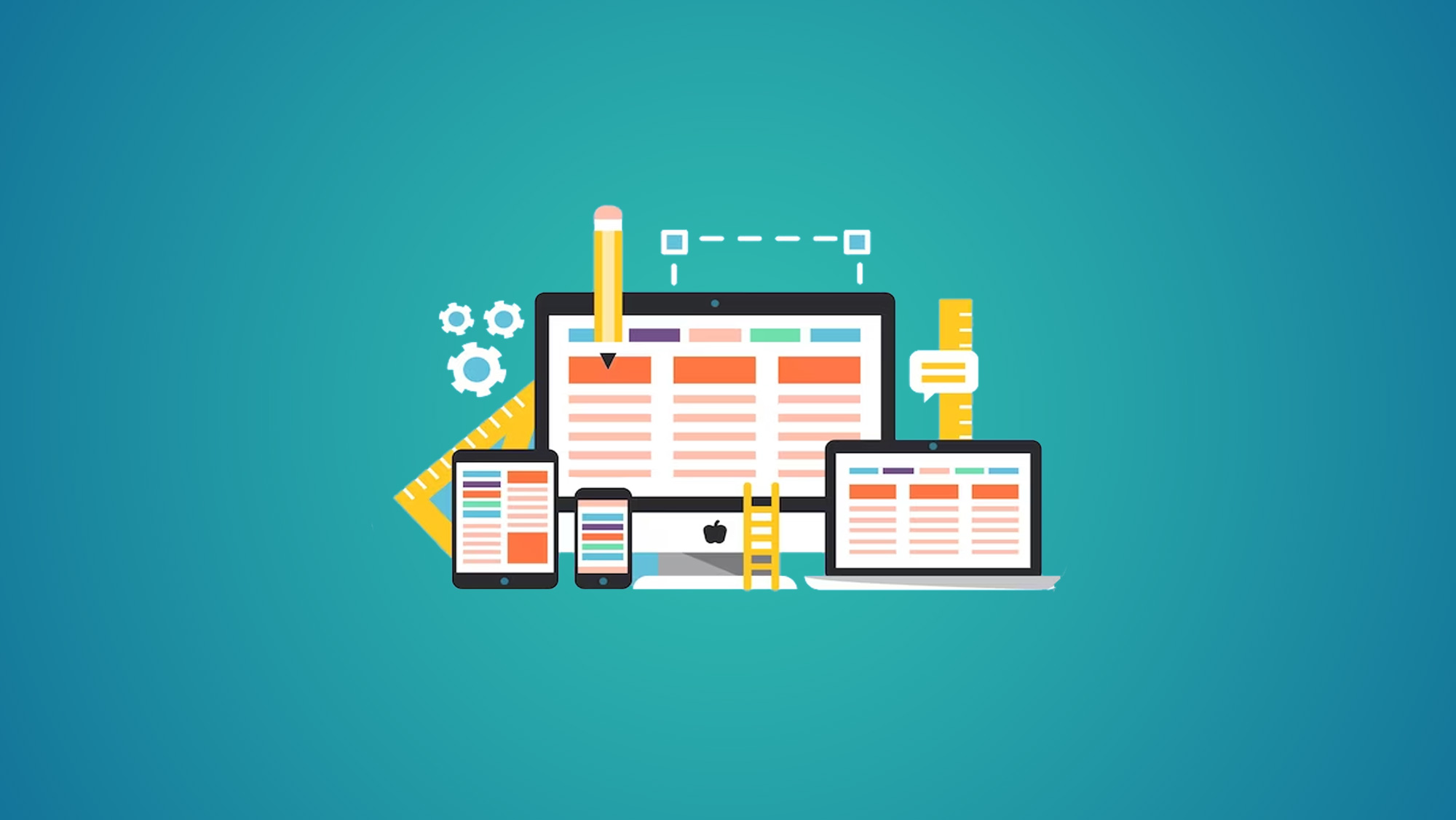Hybrid vs Native Mobile Application. What to choose in 2019?
The most typical dilemma that rises if you prefer to develop a mobile application is to make the appropriate decision between the varying approaches to get the app developed. This blog will help you grasp the difference and pick the most appropriate among Hybrid mobile app and Native mobile app.
NATIVE MOBILE APPLICATION:
One of the most accepted apps is the Native Mobile App. Native means that this mobile app is special for an individual platform. We handle platform-specific tools and APIs to stimulate all kinds of processes in the application. Native proposal stocks the app resources in the device memory and supports the utmost utilization of OS peculiarities. The advantage of preferring Native mobile app is that it is the swiftest and most reliable. Some of the frameworks for Native app development are Xamarin, React native.
The important features of a native app are:
- High level of dependability
- Uncomplicated but swift Performance and excellent user experience.
- Supports both online & offline activities (transactions).
- Key features can best be oppressed.
HYBRID MOBILE APPLICATION:
The hybrid mobile application consolidates native code alongside the platform-independent code. The code is composed adopting the traditional web technologies (JS, HTML & CSS) and then it is loaded as a native app, with a Webview. With the start of frameworks like React Native, this strategy can be accomplished with various inadequate efforts while concurrently accomplishing accuracy. While launching a Hybrid application, it is agnostic i.e. once the app is developed it can be delivered beyond multiple platforms. A Hybrid app comprises of two parts :
- The first part is the backend code built utilizing languages such as HTML, CSS, and Javascript.
- The native shell that is downloadable also loads the code using Webview forms the second part.
- Some of the frameworks for Hybrid app development are Cordova, Ionic, Framework7, Titanium Appcelerator.
The significant features of a hybrid app are:
- Quick app development
- Smooth and easy maintenance
- Cross-platform UI
- A device file system can be combined.
- Profitable and inexpensive app development and cost-effective maintenance
- Distinct code management for different mobile platforms
NATIVE V/S HYBRID APPLICATION:
To sum up the variations between the two:
- Native apps are very swift, responsive and interactive whereas Hybrid apps are gradual and less interactive.
- Native permits developers to access adequate feature assemblage of their given platform whereas Hybrid enables access to device’s internal APIs, storage and camera.
- When correlated to Native apps Hybrid apps have decreased time to market and are inexpensive
- Native apps have excellent user experience whereas Native apps are compact.
- Paid apps are customarily recommended to be amplified as Native applications as they have the best UI, whereas unpaid apps are normally developed as Hybrid applications.
- The app developed can be customized the form you want, economically in Native Approach whereas in Hybrid approach it becomes complicated and overpriced.
WHICH APPROACH TO GO WITH?
The debate around which sort of app is the best is yet notable today as the distinction between the two approaches is growing progressively complex.
The remarkable perspective to remember is that you shouldn’t find an approach for the technology but rather make a conclusion based on what you require your app to do. Native and Hybrid Applications possess their own advantages and disadvantages since we have already considered in the blog. The resolution regarding the choice of application relies considerably on the stipulations of the organization. It also depends on how fast you need the app and it’s time to market, the user experience aspects, the complexity of features and total price allotted.
The bottom line is that a specific type of application offers an entirely diverse experience altogether, therefore, it is essential to examine the strengths and weakness of any approach before choosing any of them to develop your app. But at the end of the day, a native approach will have the biggest benefits for a company’s bottom line.
You May Also Like
These Related Stories

Everything You Need To Know About React JS Training

Building Dynamic Web Applications: Harnessing the Potential of Ruby


No Comments Yet
Let us know what you think